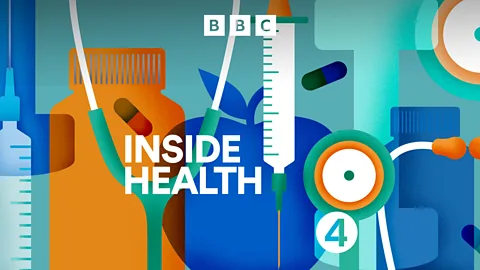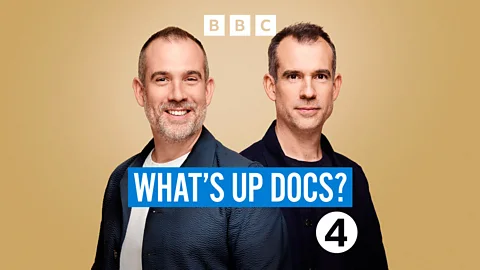
Inside Health
Inside Health
Assisted dying: How can we be certain someone wants to die?
April 1, 2025
28 minutes
Available for over a year
We continue our exploration of some of the issues that could crop up if assisted dying becomes law under The Terminally Ill Adults End of Life Bill that is currently working its way through Parliament.
Today we tackle safeguarding. How can we be certain an assisted death is what the person wants? And who should even bring up the conversation?
To discuss we're ed by:
Katherine Sleeman - Professor of Palliative Care at King's College London
David Nicholl - Consultant Neurologist at University Hospital Birmingham
Mark Taubert - Consultant Palliative Medicine at NHS Wales
Erica Borgstrom - Professor of Medical Anthropology at The Open University
Presenter: James Gallahgher
Producers: Hannah Robins
Assistant Production: Tom Bonnett and Siobhan

